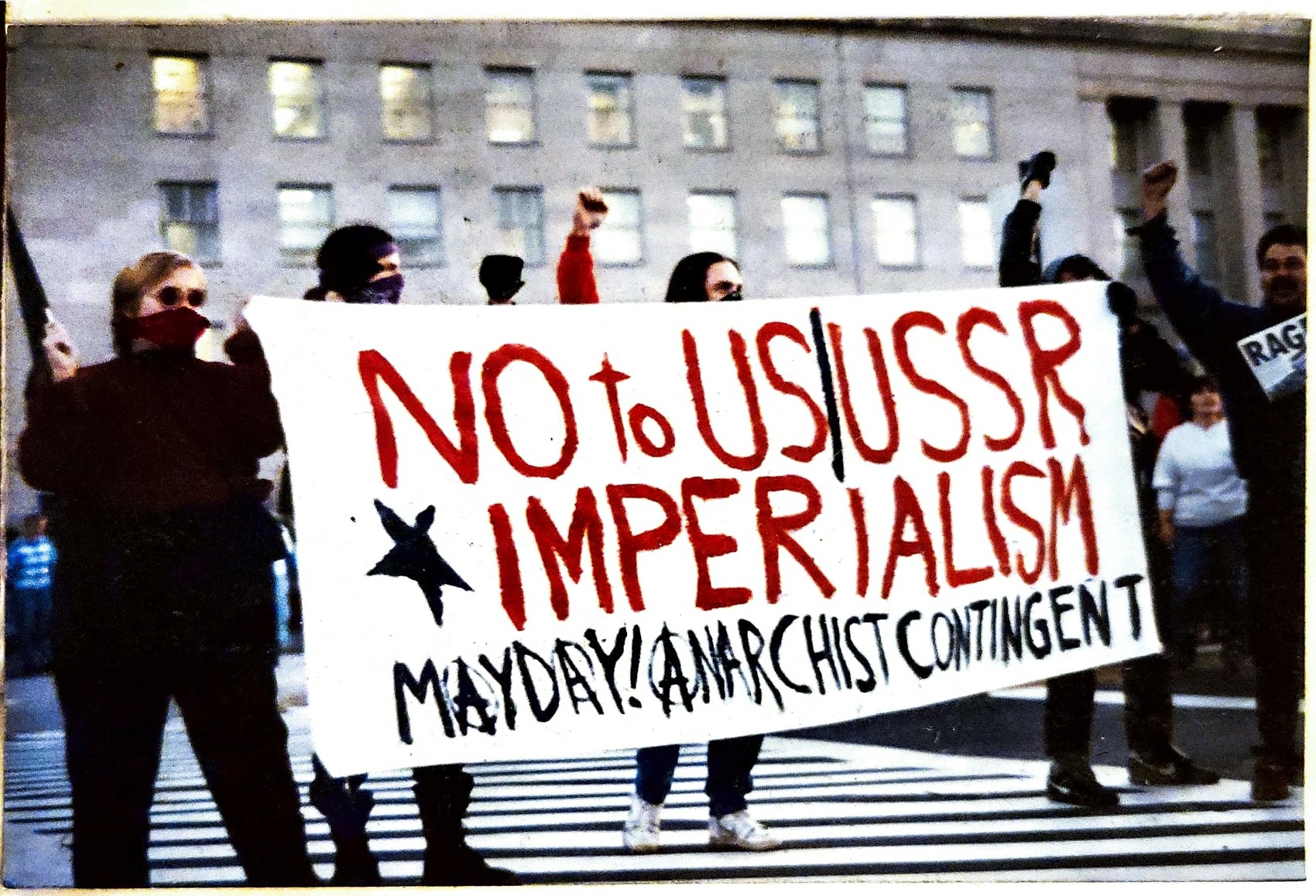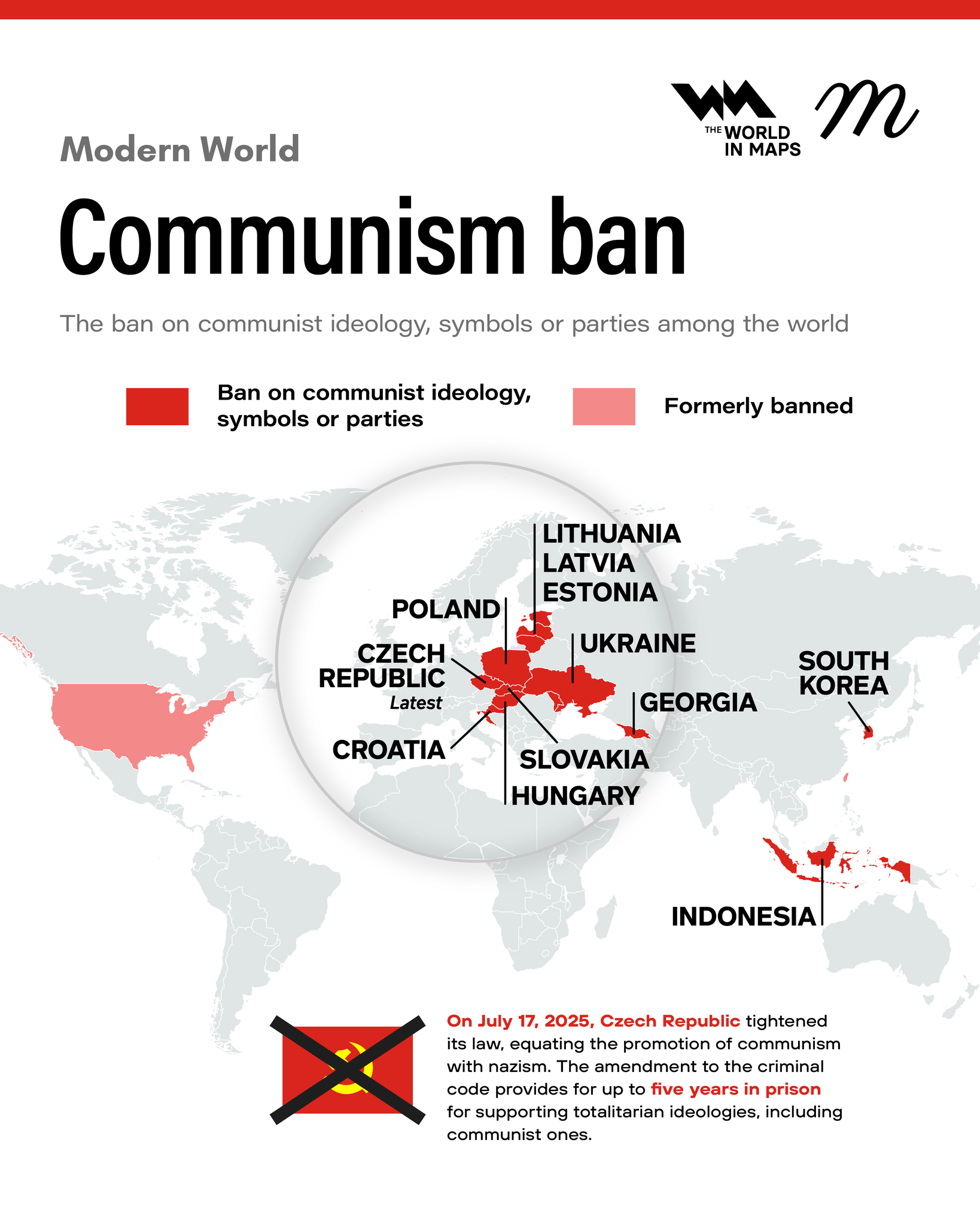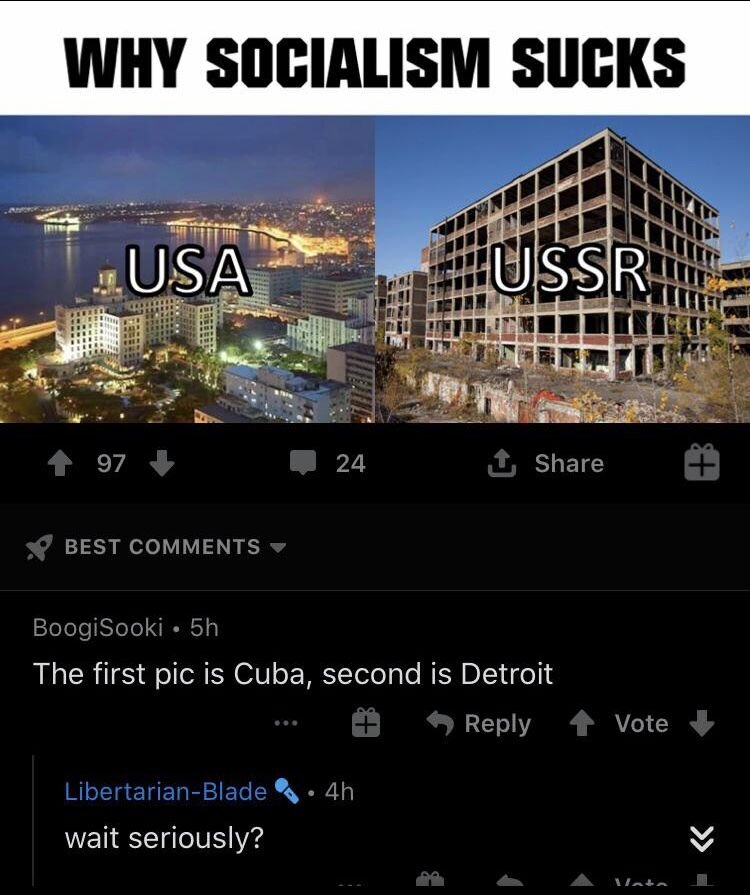What is the radical Left?
Despite real analytical and strategic differences, the radical Left is united by a shared endeavor to address the foundational roots of social injustices. It seeks to overthrow—not simply tweak—capitalist social relations.
Leftists work towards the common goal of a stateless, classless society characterized by collective self-determination, worker control of production, and individual freedom and dignity.
Anarchists are antistate or libertarian socialists who advocate the reorganization of society into voluntary federations based in social equality and individual freedom. Syndicalists, who overlap substantially with anarchists, believe that revolutionary unions should prefigure the new world and act as the vehicles to re-organize society.
The labels of socialism and communism are at times used interchangeably; it is often useful to think of socialists as those who pursue reformist strategies whereas communists advocate revolutionary seizure of state power by a vanguard party.
For a transnational …
What is the radical Left?
Despite real analytical and strategic differences, the radical Left is united by a shared endeavor to address the foundational roots of social injustices. It seeks to overthrow—not simply tweak—capitalist social relations.
Leftists work towards the common goal of a stateless, classless society characterized by collective self-determination, worker control of production, and individual freedom and dignity.
Anarchists are antistate or libertarian socialists who advocate the reorganization of society into voluntary federations based in social equality and individual freedom. Syndicalists, who overlap substantially with anarchists, believe that revolutionary unions should prefigure the new world and act as the vehicles to re-organize society.
The labels of socialism and communism are at times used interchangeably; it is often useful to think of socialists as those who pursue reformist strategies whereas communists advocate revolutionary seizure of state power by a vanguard party.
For a transnational account of the radical left in the Americas, check out my 2023 article "Radical Americas: A Hemispheric History of the Left," published in Left History: An Interdisciplinary Journal of Historical Inquiry and Debate. It is free online here: https://lh.journals.yorku.ca/index.php/lh/article/view/39672


!["Under socialism we would all be hungry"
820 million people under capitalism right now:
[Image of a person pointing at an empty fridge] "Under socialism we would all be hungry"
820 million people under capitalism right now:
[Image of a person pointing at an empty fridge]](https://bookwyrm-social.sfo3.digitaloceanspaces.com/images/status/2dd4f5ab-1e98-4152-870c-a75476cb4b30.jpeg)










![==) (& 3 = = : ih It 1 BN
O fle > > =- = = JEN IE 7 S)
) ~s if Proad J
& 37 ZN] = == A § Gira ==
- 3 1 a Ae = > = =
pe © Es # = DA
= - ET Do— > = ~ 2 mail
He = a z =
iS Ei —— = =
= === _ 3 = =
a= = a= = ==}
RE CC EE =
Fog bead FTN se
ERE is FAS Bt =
3 NY 2 AC
3 32 = = = RS = == = =. ! Cf ~ A 4 = E a -
si==———"1 =" > _= =u
= - = ZF masa
Roe
a ET Es STL ER =
BE To Ee 1
= =—=— == EL ad ee: = £4
— FL Reg |
= = Eo Eel |
; —~ BENET REULE Se is = = 9 Tae r=
__—— _ HAliiBRERS EB — ae Ei—= =
==) (& 3 = = : ih It 1 BN
O fle > > =- = = JEN IE 7 S)
) ~s if Proad J
& 37 ZN] = == A § Gira ==
- 3 1 a Ae = > = =
pe © Es # = DA
= - ET Do— > = ~ 2 mail
He = a z =
iS Ei —— = =
= === _ 3 = =
a= = a= = ==}
RE CC EE =
Fog bead FTN se
ERE is FAS Bt =
3 NY 2 AC
3 32 = = = RS = == = =. ! Cf ~ A 4 = E a -
si==———"1 =" > _= =u
= - = ZF masa
Roe
a ET Es STL ER =
BE To Ee 1
= =—=— == EL ad ee: = £4
— FL Reg |
= = Eo Eel |
; —~ BENET REULE Se is = = 9 Tae r=
__—— _ HAliiBRERS EB — ae Ei—= =](https://bookwyrm-social.sfo3.digitaloceanspaces.com/images/status/9e36becd-dffa-4ab0-935f-64ef9c92084a.png)